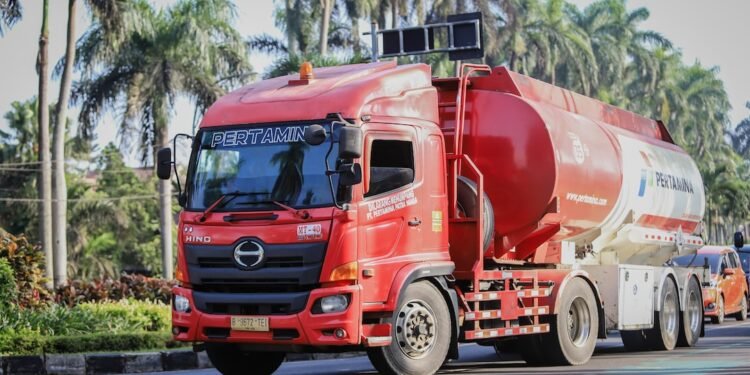Fuel management is a crucial aspect of running a fleet smoothly. It can impact everything from operational costs to the overall efficiency of your business. Understanding fuel management for fleet operations helps reduce fuel waste, improve vehicle performance, and streamline processes.
In this guide, we’ll explore how effective fuel management can benefit your fleet, and the best practices you can implement to optimize your fuel use.
What is Fuel Management for Fleet Operations?
Fuel management for fleet operations involves monitoring, controlling, and optimizing fuel use in company vehicles. With vehicles on different routes and tasks, tracking fuel usage can be complex. By overseeing fuel consumption, businesses can reduce costs, lessen environmental impact, and ensure efficient vehicle operation.
Fleet managers track fuel use, schedule refuels, and adjust as needed. With the right strategies, fuel management can be efficient and hassle-free.
Why Fuel Management is Important
The rising cost of fuel makes managing it effectively more important than ever. Even slight inefficiencies in fuel use can add up to significant expenses over time. Here are a few key reasons why fuel management for fleet operations is critical:
- cost savings
- improved efficiency
- reduced environmental impact
- better vehicle performance
A strong fuel management system helps businesses optimize their fleets. It lets them make better decisions.
Best Practices for Fuel Management
Now that we know why fuel management is essential, let’s dive into some best practices you can follow to improve the way you handle fuel in your fleet.
Monitor Fuel Consumption Regularly
One of the first steps in effective fuel management is tracking fuel usage. Regular monitoring helps fleet managers spot abnormal patterns, like excessive consumption or misuse.
Use GPS systems, fuel cards, and telematics to gather data on fuel use. These tools offer real-time updates, showing how much fuel each vehicle uses.
Implement On-Site Fuel Delivery
Refueling can take valuable time from your fleet’s productivity. On-site fuel delivery cuts downtime. It brings fuel to your vehicles, keeping your fleet running without trips to fueling stations. This service also allows for more accurate fuel tracking, ensuring your vehicles are always ready when needed.
Train Drivers for Fuel Efficiency
Your drivers play a big role in how much fuel your fleet uses. Training them on efficient driving habits can make a big difference, These include:
- maintaining consistent speeds
- avoiding excessive idling
- proper fleet maintenance
Regular training can instill best practices and cut fuel use.
Schedule Regular Vehicle Maintenance
Well-maintained vehicles run more efficiently and use less fuel. Simple tasks can improve fuel efficiency. They include checking tire pressure, changing air filters, and tuning engines. Fleet managers should set a regular fleet maintenance schedule. This will keep all vehicles at peak performance.
Use Route Optimization Tools
Choosing the best routes for your vehicles can save significant amounts of fuel. Route optimization tools help fleet managers plan the best delivery and pickup routes. They reduce unnecessary mileage. These tools can factor in traffic, weather, and road closures. They ensure your fleet operates as efficiently as possible.
Optimizing Fuel Management for Fleet Operations
Fuel management for fleet operations is key to cutting costs, improving efficiency, and being eco-friendly. Fleet managers can improve fuel efficiency and performance. They can do this by tracking fuel use, using on-site fuel delivery, training drivers, and keeping vehicles in good shape. Smart fuel management choices help ensure your fleet runs smoothly and cost-effectively over time.
Looking for more? Well, you’ve come to the right place. Our blog is a treasure trove of insights-dig in!












